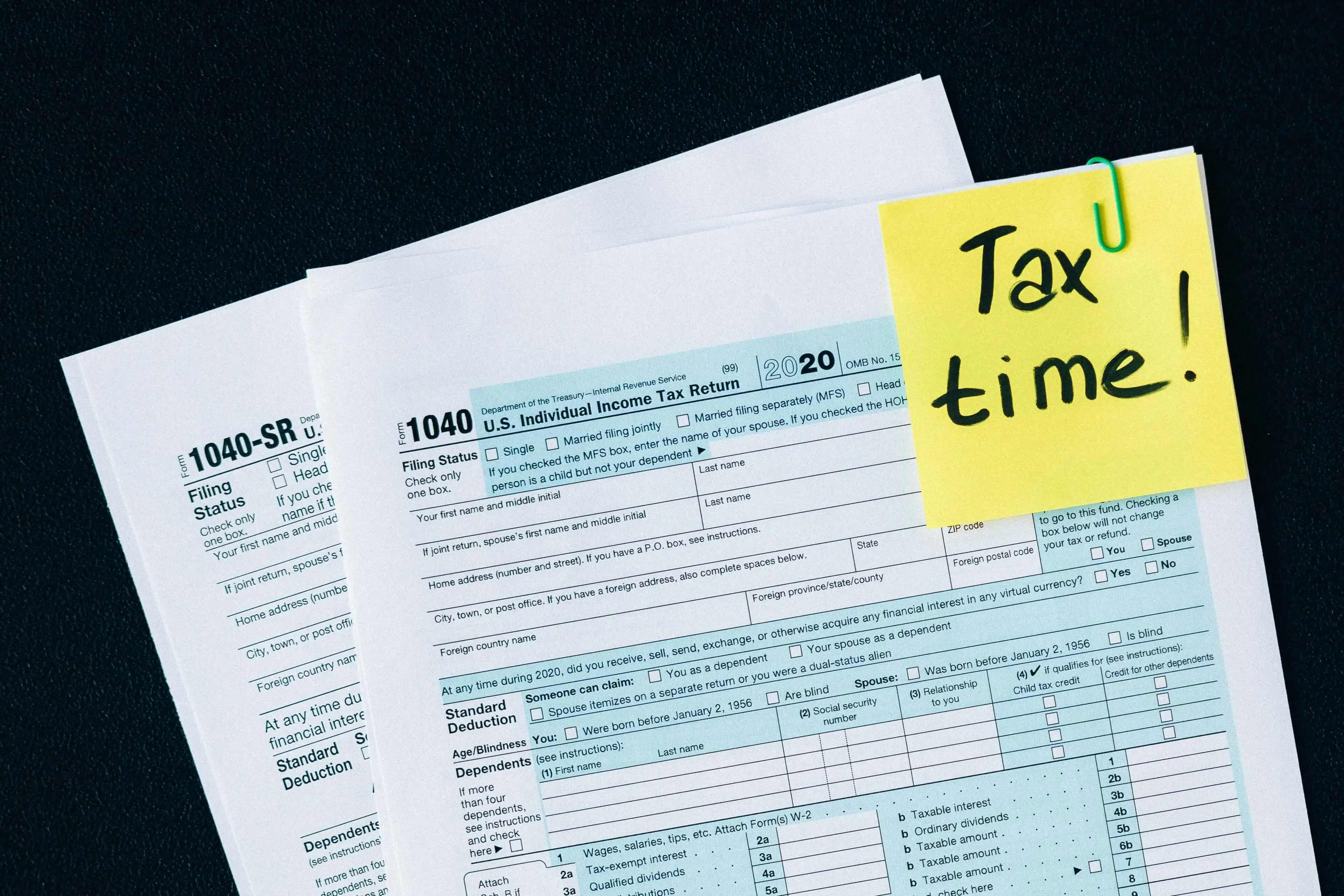




By now, we all know of the large amounts of administrative work that go behind ensuring that your company runs smoothly. From bookkeeping to accounting, they all play a part in ensuring that you won’t run into any hiccups. If you’re completely unfamiliar with record-keeping, here’s a simple introduction to get you started.
Simply put, record-keeping the practice of recording transactions or events in an accounting system. Not only do companies with good accounting practices keep records, but they also do so accurately.
Your company should maintain proper records of its financial transactions (with source documents), accounting records and schedules, bank statements, and any other transactions associated with your business.
Using accounting software will help you prevent any records from falling through the cracks. You can use the software suggested by IRAS to get you started.
In Singapore, the IRAS has several guidelines that you will have to follow. For accounting records and supporting documents relating to the Year of Assessment (YA) 2008 and subsequent YAs, your company must retain the records for a period of five years from the relevant YA. Failure to do so may result in expenses claimed being disallowed and/or other penalties.
Create a foolproof system that works for your company. This ensures that everyone is on the same page and knows how to help file company records. For instance, you could have employees use colour tags to categorize expenses.
This helps to simplify the process and prevent any records from falling through the cracks. It also allows you to focus more time and energy on the growth of your business, instead of chasing a trail of paperwork. If you are setting up a business in Singapore, IRAS has released a list of approved software that you can use.
Not everyone is good at record-keeping. After all, it does require one to have a sharp eye. As a business owner, you want to focus your energy on growing your business. If you find yourself drowning under the paperwork, hire someone to take care of details for you while you focus on higher-value activities.
Accounting companies like Swiftly are available for you to reach out to for reliable accounting services.
Firstly, record-keeping helps you to prevent fraud or theft. With a better understanding of your cash flow, you will be able to produce accurate financial statements when it is time for you to do auditing.
Secondly, it helps you to pay your taxes. Record-keeping makes it easier for your accountants to advise on how you can legally reduce your taxes. Especially in Singapore, there are several different types of corporate tax exemptions that companies may be eligible for. Having your records in order also means that work gets done faster, which helps you pay your tax returns on time and save on penalties.
Record-keeping is just one of the many practices involved in accounting. With your finances and records in check, you’ll have peace of mind to move on to other business plans. Other than accounting services, Swiftly also provides a variety of other services including incorporation, taxation, and auditing services. If you are in need of any of these services, be sure to contact us.

20 Feb 2026
You’ve just received an invoice from a new vendor. It’s got that 9% GST line item at...

23 Jan 2026
You've incorporated your Singapore company, or you're planning to. The next step is opening a...

21 Jan 2026
Although setting up a foreign owned company in Malaysia comes with minimal requirements, you...